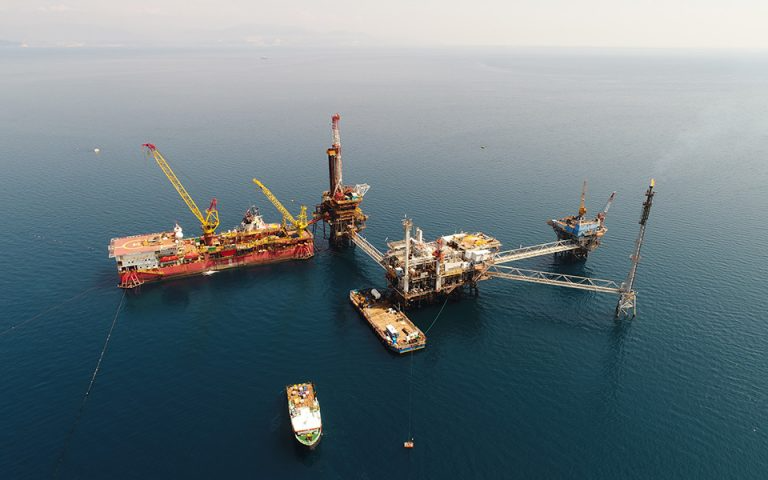
According to Athens News Agency, companies from Greece, Bulgaria, Italy, and Croatia have expressed interest in carbon dioxide storage in Prinos.
At least ten industries with significant carbon dioxide emissions from these countries have signed non-binding memoranda of understanding with Energean, which, through its subsidiary EnEarth, is developing the storage at the depleted Prino deposit.
The project's non-binding market test will take place in the upcoming weeks, with the binding phase to follow later this year, according to the current schedule.
In parallel, the Environmental Impact Study is under preparation and is expected to be consulted in September. The aim is to sign the first storage contract in the first quarter of 2025 in order to "unlock" the bank financing and, in conjunction with the grant from the Recovery Fund, to proceed with the implementation of the investment.
Carbon storage is one of the tools favoured by the European Commission to achieve decarbonisation. It is aimed at sectors such as the cement industry, refineries, etc. for which there are currently no technologically mature solutions to limit their emissions. Instead of being subject to the carbon tax, these industries will be able to store carbon dioxide in underground formations, which, having been the site of long-term gas storage for millions of years, can be re-used for this purpose. The dioxide will be collected from the production facilities and transported in liquefied form by ship to Kavala, from where it will be stored in the Prinos reservoir via an undersea pipeline.
The investment in the first phase amounts to €500 million for a storage capacity of 1 million metric tons per year, while in the next phase it could reach 3 million metric tons with additional investments of €400 million. Despite its impressive size, the project falls short of market needs; it is indicative that only the non-binding agreements signed concern 5 million metric tons of carbon dioxide per year. The needs at the European level are even greater: existing storage capacity is less than 100 million metric tons of CO2 per year, while industrial emissions (2022 figures) were 660 million metric tons. The European Commission's Green Deal aims to create storage facilities for 50 million metric tons of CO2 per year by 2030 and 550 million metric tons of CO2 per year by 2050, with a focus on the hard-to-abate industry.






